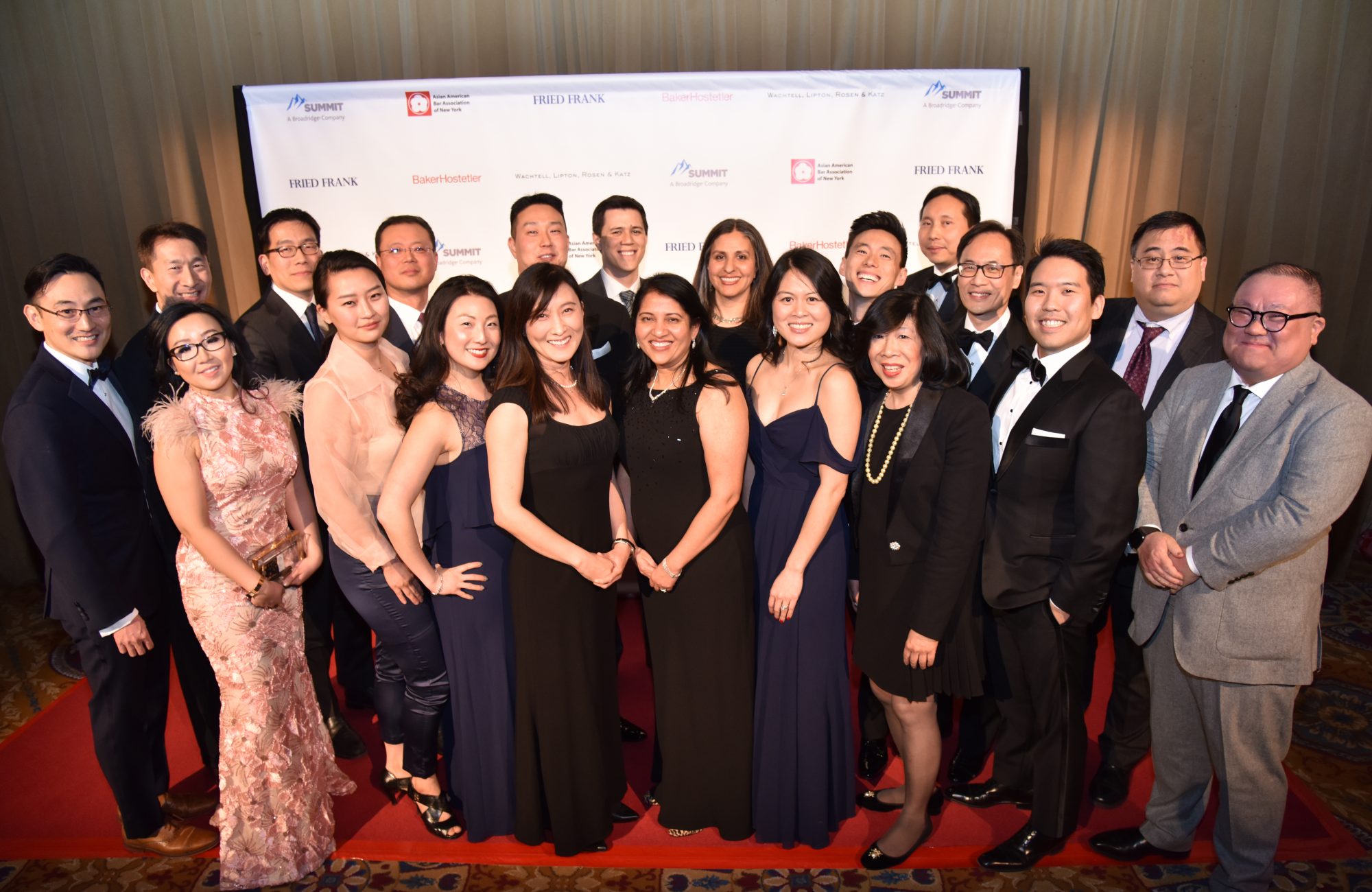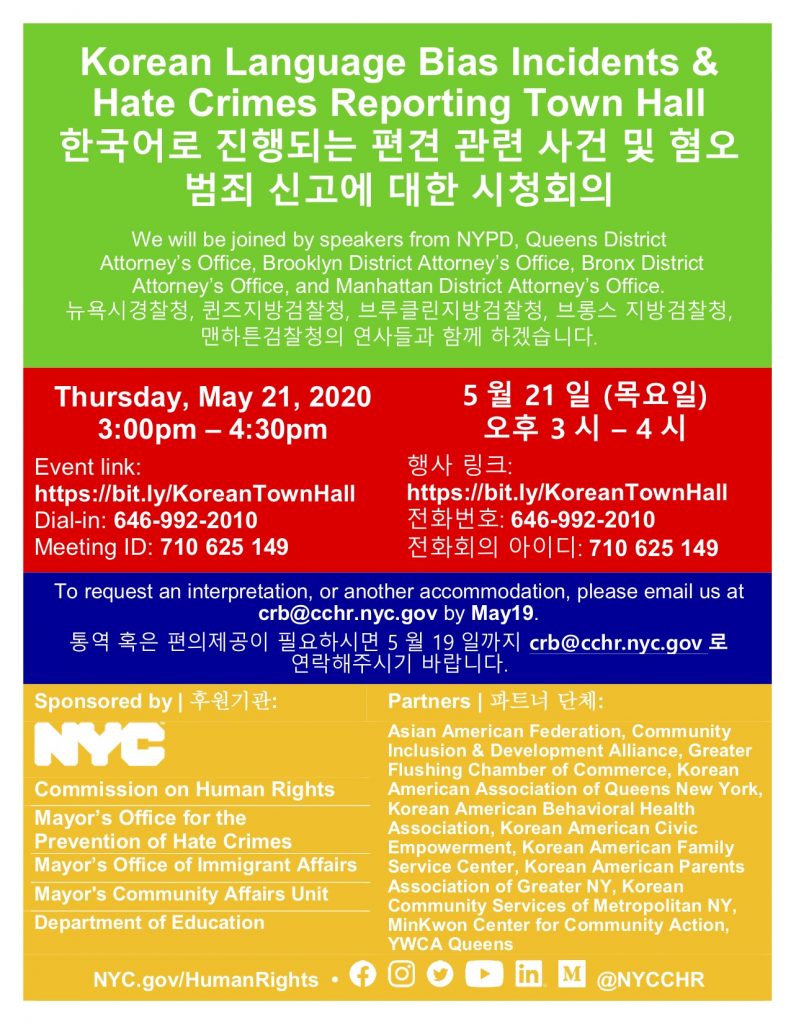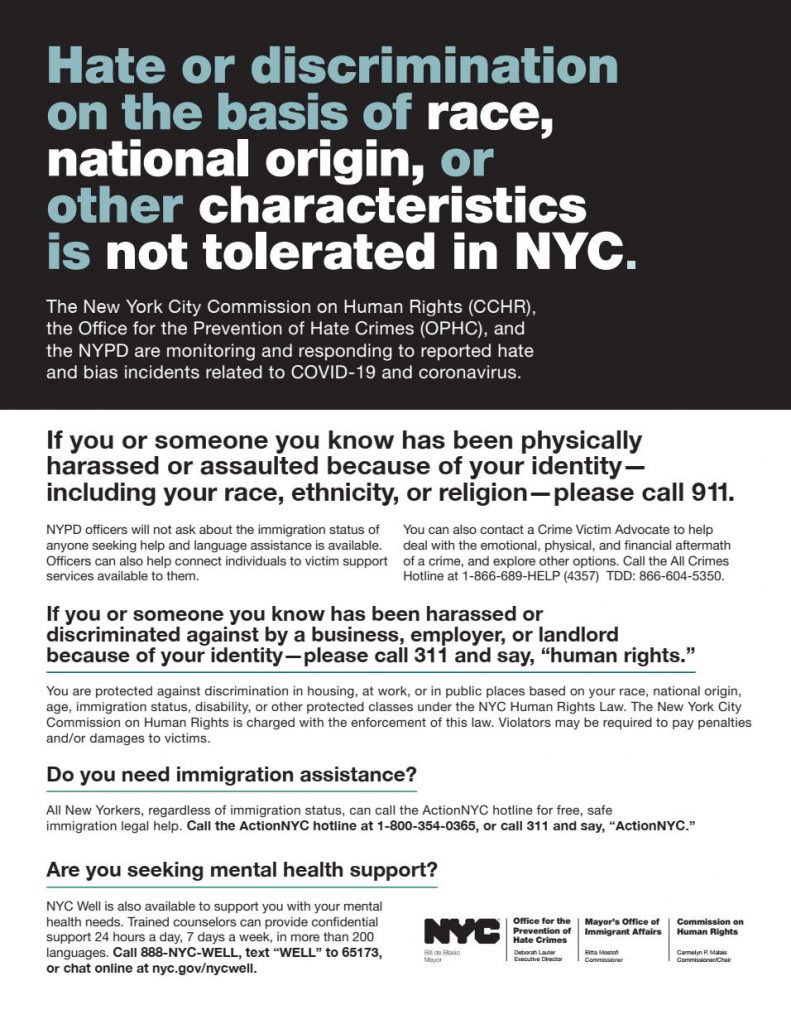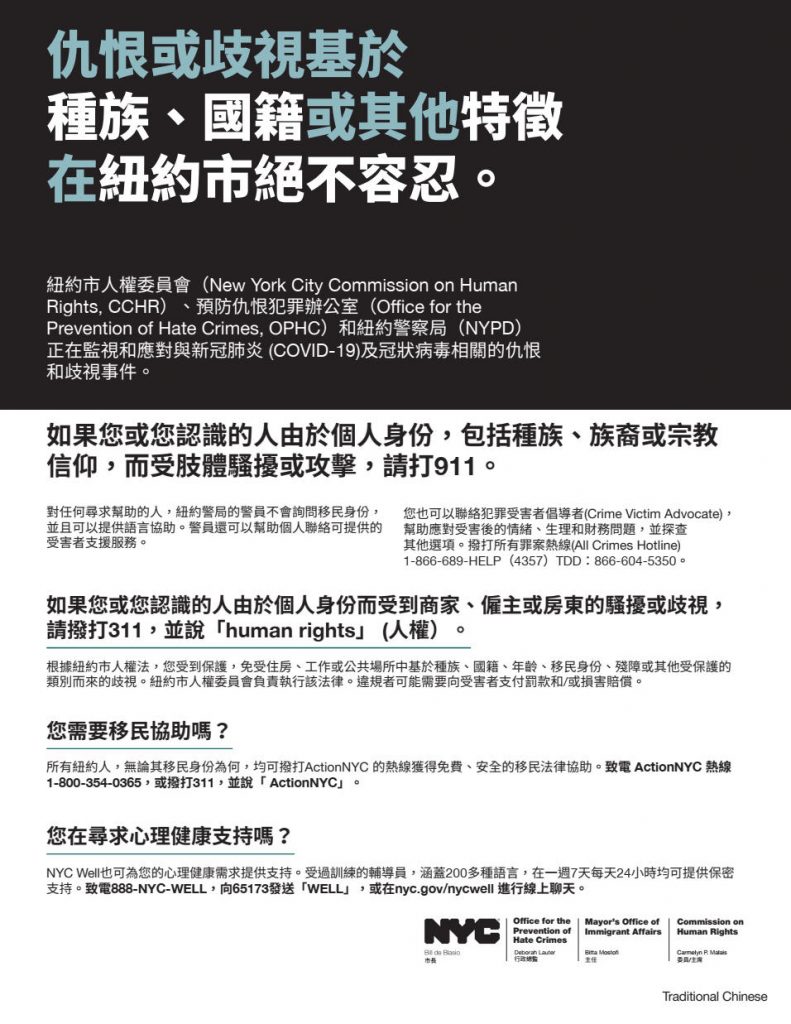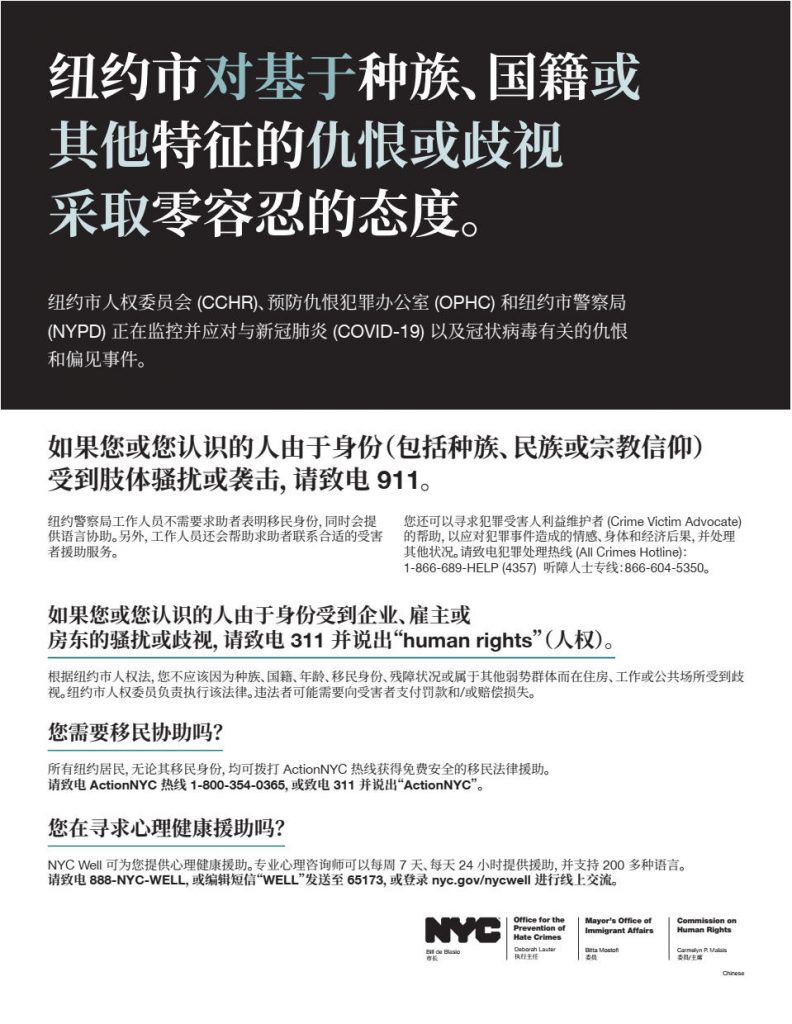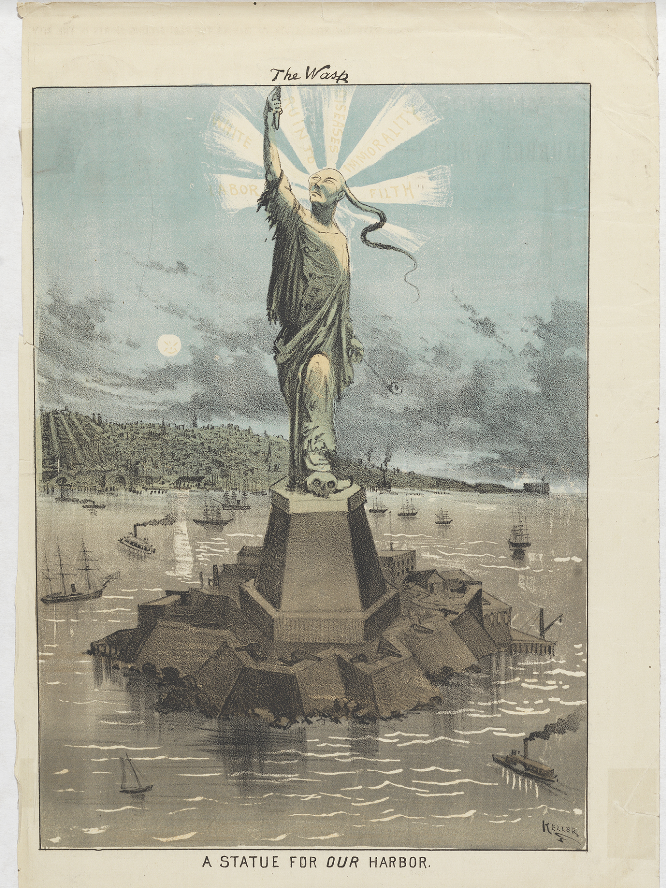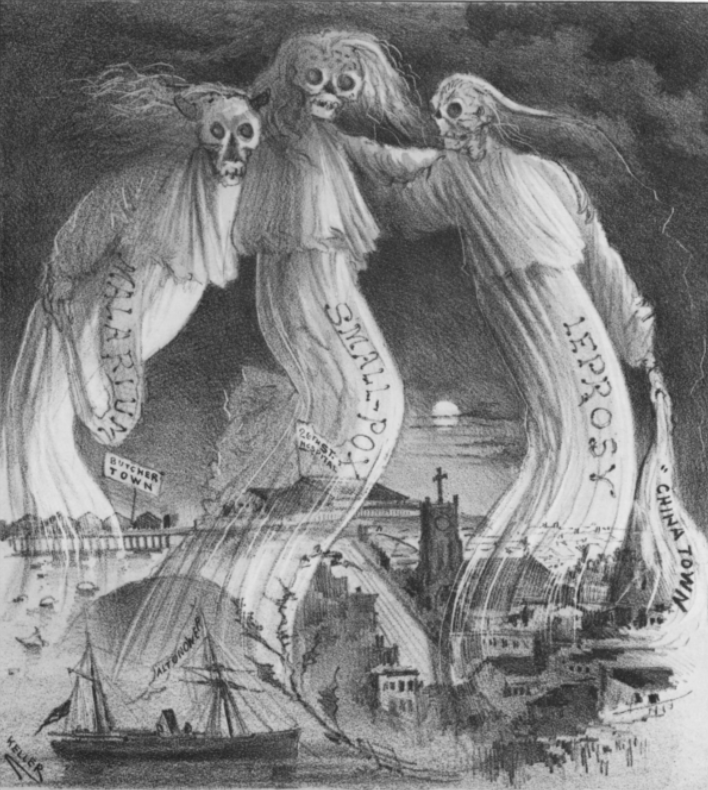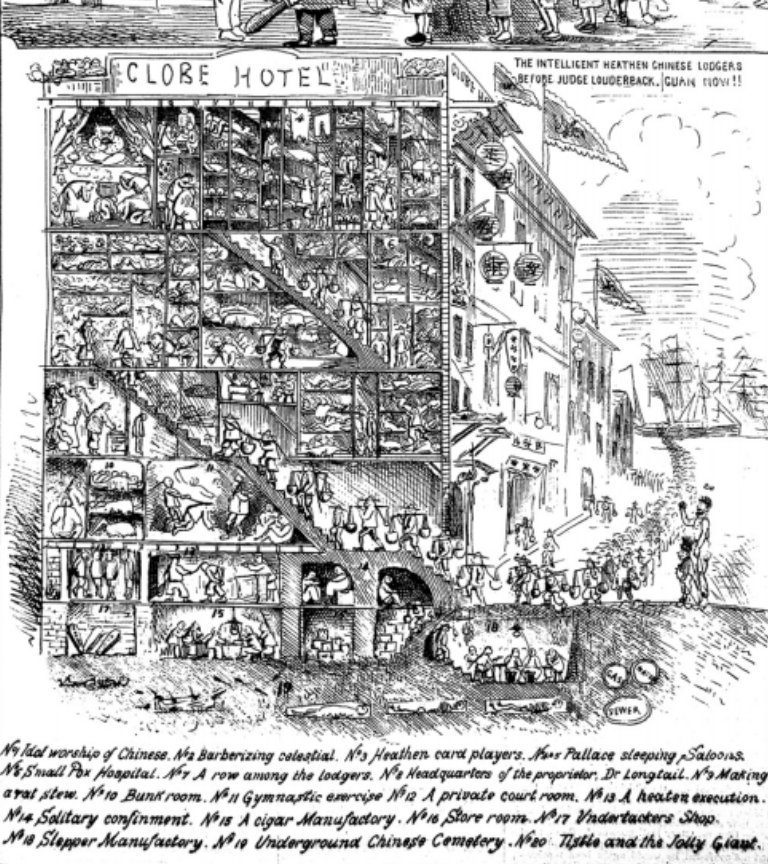For Immediate Release: September 30, 2020
Contact: Priya Purandare, Executive Director
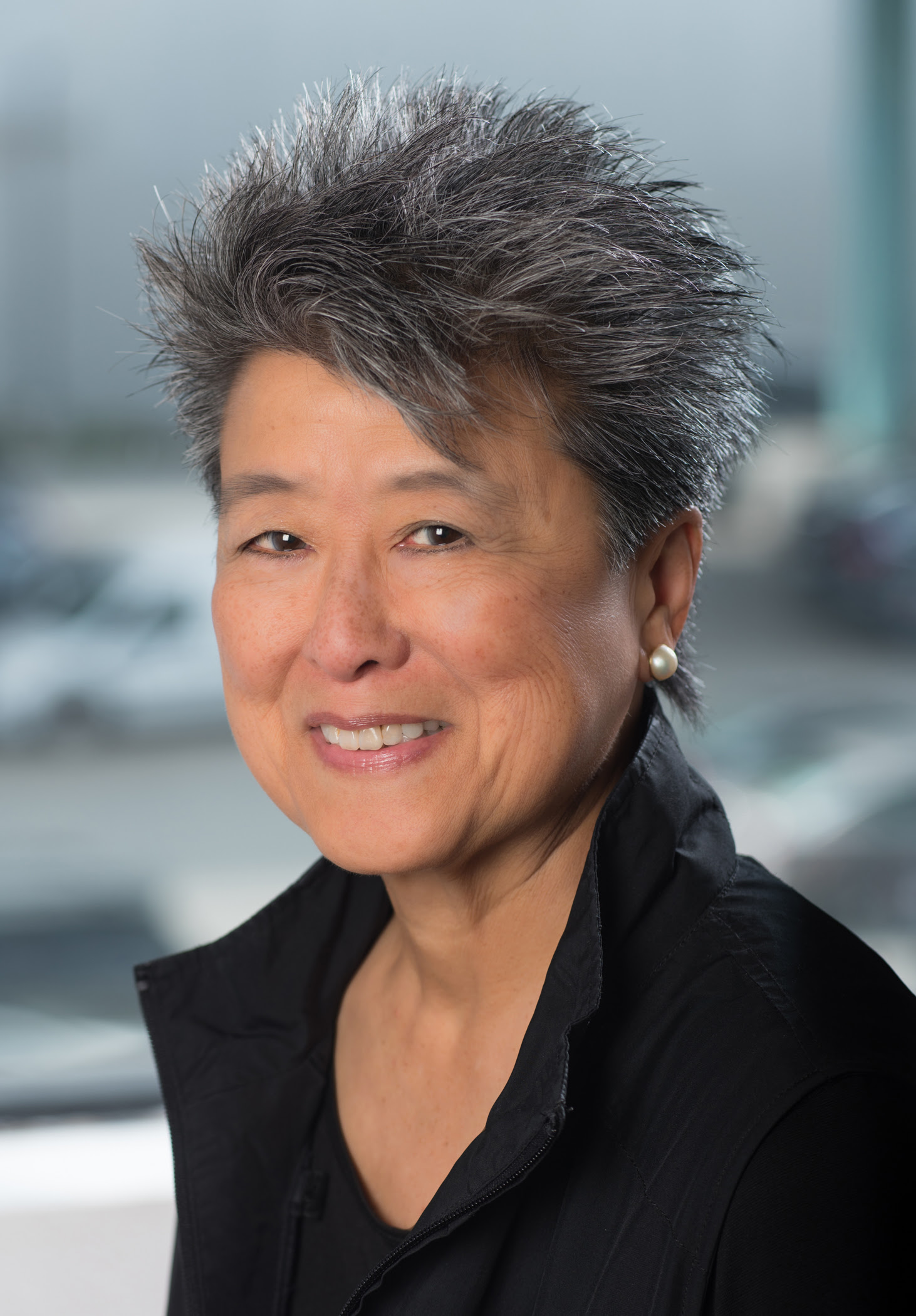
WASHINGTON—The National Asian Pacific American Bar Association (NAPABA) is proud to present the 2020 NAPABA President’s Award to Helen Zia, activist, former journalist and author of Asian American Dreams, My Country Versus Me and Last Boat out of Shanghai. An outspoken advocate against hate crimes, she was one of the lead organizers of the Justice for Vincent Chin campaign, which became a national civil rights movement in 1982. In the wake of COVID-19, Zia wrote and spoke on parallels of the Chin case and how the targeting of Asians and Asian Americans will make it harder to stop COVID-19.
The NAPABA President’s Award is given to individuals who demonstrate an exceptional commitment to the Asian Pacific American community. Zia will be featured as part of the Keynote Series during the 2020 NAPABA Convention | Virtual Experience on Sat, Nov. 7, 2020.
“Helen Zia is an outspoken champion on human rights, women’s rights, LGBTQ issues and for Asian Americans and Pacific Islanders,” said Bonnie Lee Wolf, president of NAPABA. “She has spent her career in journalism and as an author to counter hate violence and advocate for peace and equality. Because of Helen, the stories of countless AAPIs, including Wen Ho Lee and Vincent Chin, have been told and elevated through her activism and reporting.”
Zia was Executive Editor of Ms. Magazine and a founding board co-chair of the Women’s Media Center. She has been active in many non-profit organizations, including Equality Now, AAJA and KQED. Her ground-breaking articles, essays, and reviews have appeared in many publications, books, and anthologies, receiving numerous awards.
Zia’s advocacy and elevation of the Justice for Vincent Chin campaign activated the AAPI legal community nationwide. The Asian Pacific American Legal Center (now Asian Americans Advancing Justice | Los Angeles), and later the National Asian Pacific American Legal Consortium (now Asian Americans Advancing Justice | AAJC), were both founded because of the Vincent Chin case. In 1988, NAPABA was founded, in part, by leaders from those organizations. Zia’s almost-twin brother, Hoyt, was the organization’s first president.
NAPABA congratulates Helen Zia as the 2020 NAPABA President’s Award recipient.
# # #
The National Asian Pacific American Bar Association (NAPABA) represents the interests of approximately 50,000 legal professionals and nearly 90 national, state, and local Asian Pacific American bar associations. NAPABA is a leader in addressing civil rights issues confronting Asian Pacific American communities. Through its national network, NAPABA provides a strong voice for increased diversity of the federal and state judiciaries, advocates for equal opportunity in the workplace, works to eliminate hate crimes and anti-immigrant sentiment, and promotes the professional development of people of color in the legal profession.
